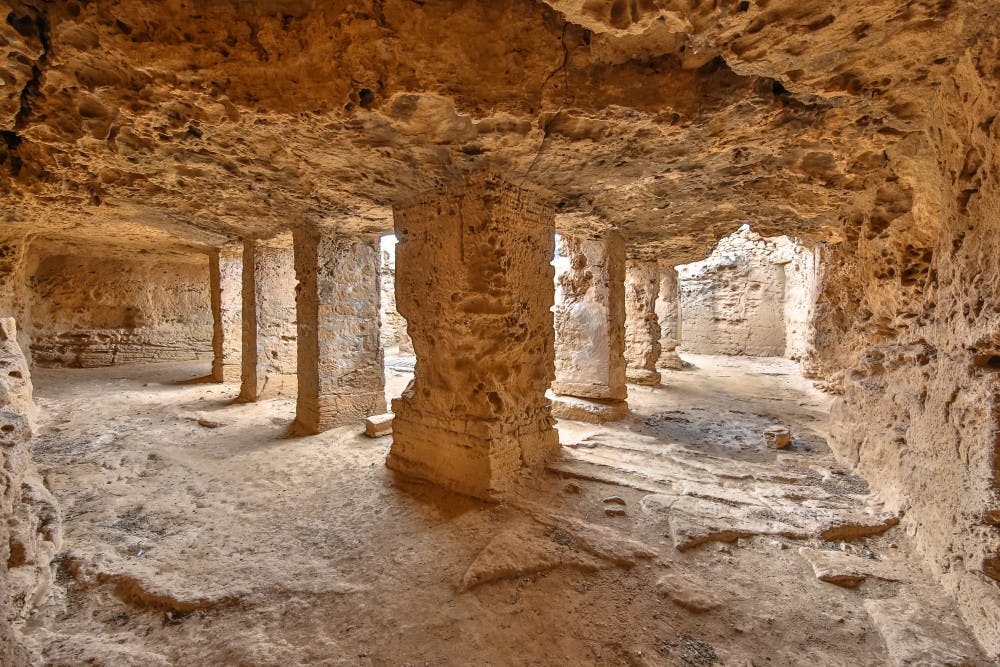By Roman Orsini
Staff Writer
The Turkish military sent a convoy into northern Syria to retrieve a thirteenth-century tomb at risk of being besieged by Islamic State militants on Saturday, Feb. 21. The tomb contained the body of Suleyman Shah, a key figure in Turkish history, who died in 1236 C.E. According to the Atlantic, Shah was a tribal leader and the grandfather of Osman I, the founder of the Ottoman Empire.
The tomb is the only Turkish enclave located outside of its borders. The 1921 Treaty of Ankara — between Turkey and France — designated the area as Turkish territory and gave Turkey the right to station troops there, according to BBC.
The tomb was originally located 50 miles further south in Syria until the construction of the Tabqa Dam in 1973 threatened to flood the site. According to the Guardian, Turkey subsequently moved the tomb to its current location 20 miles into Syria. The Syrian government has not recognized the new location as Turkish territory, however. One of its ministers described the rescue operation as an “act of war” against Syria.
“We didn’t get permission from anyone,” Turkish Prime Minister Ahmet Davutoglu said. “The decision was taken, and the order was given, by the Turkish government.”
According to the New York Times, the Turkish government informed Syria of its intentions prior to launching the operation, but did not wait for approval. The operation involved 572 soldiers, a convoy of 39 tanks and 57 armored vehicles.
The convoy entered Syria through the Kurdish border town of Kobani, recently a major battleground between Kurdish fighters, backed by American air power, and ISIS. Although Kurdish fighters recently expelled ISIS from the town, Syria’s border with Turkey remains porous for rebel fighters and refugees alike, as it is beyond the ability of the Syrian military to secure.
The convoy was able to slip into Syria and recover the tomb, along with the 40 Turkish soldiers guarding it, without engaging any ISIS fighters. Following the removal of the tomb and its relics, the mausoleum containing them was destroyed so it may not fall into ISIS hands.
The tomb has been temporarily relocated to Turkey property and will be transferred to a new site in Syria, even closer to the Turkish border, according to Reuters.
Turkey, a member of the NATO alliance with the United States, has been accused by its Kurdish population of colluding with ISIS and rendering support to militant groups bent on the overthrow of Syria’s President Bashar al-Assad.
The Kurds, now concluding a 30 year civil war with Turkey, point to Turkey’s refusal to defend them against ISIS attacks and the fact that ISIS fighters have not engaged Turkish forces in the area, according to the Guardian.
Turkey’s lax border security throughout much of the conflict in Syria has also given foreign jihadist fighters a passageway into the area, heightening tensions between regional forces in an already heated atmosphere.







